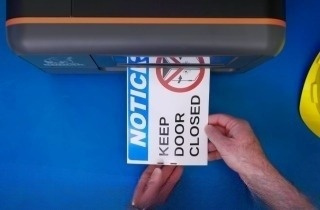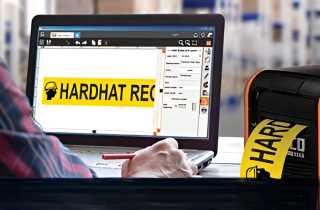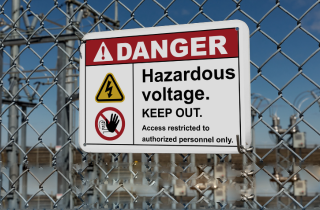NIST Certificate Calibration

There are several terms and phrases used to describe calibration standards:
- NIST Certificate of Calibration
- NIST Certificate of Compliance
- NIST Traceable Certificate
- Traceable Calibration
- Certified to NIST
- ISO 9000 Certification
Are there differences? What do these mean?
In general the terms "NIST Certificate" or "NIST Certification" refer to equipment having been compared with a standard established by NIST and found to match that standard. In one way or another the calibration is traceable back to a NIST standard.
What is NIST?
The National Institute of Standards and Technology (NIST) is a non-regulatory federal agency within the U.S. Department of Commerce. Located in Boulder, Colorado, their mission is to promote innovation and industrial competitiveness in the U.S. by conducting research that advances measurement science, standards and technology. NIST includes the Physical Measurement Laboratory (PML), which establishes and disseminates national standards of measurement.
The PML includes the Office of Weights and Measures. The Office of Weights and Measures promotes uniformity in U.S. weights and measures laws, regulations, and standards to achieve equity between buyers and sellers in the marketplace.
NIST creates and maintains Standard Reference Materials (SRM) which may be purchased. In addition, NIST provides testing services manufacturers and test labs use to ensure their test materials and test equipment (such as previously purchased SRM) is accurate. NIST also provides a third party test lab certification service.
NIST Certificate of Calibration
A NIST Certificate of Calibration means that a device has been compared directly with a NIST SRM and that the device has been calibrated to meet the requirements for that product. This type of calibration is most often done by the equipment manufacturer or a test lab. A NIST Certificate of Calibration is issued by the manufacturer, or calibration vendor, once the product or equipment has been tested and calibrated against a NIST SRM
NIST Certificate of Compliance
A NIST Certificate of Compliance is issued for devices that cannot be calibrated, but have been tested against a NIST SRM and found to be accurate. A glass tube thermometer is an example of a device that would receive a NIST Certificate of Compliance. Some test equipment, such as sound meters and timers, are designed to be non-adjustable and they are available with a NIST Certificate of Compliance issued by the manufacturer.
NIST Traceable Certificate / Traceable Calibration / Certified to NIST
A traceable certificate is issued when a product or device has been calibrated against another device that was calibrated to a NIST SRM. While not compared directly with a NIST SRM, the calibration can be traced back to a device that was calibrated to a NIST SRM.
ISO 9000 Certification
ISO 9000 is the standard on product quality. It requires an annual re-certification of test equipment. When the term "ISO 9000 certification" is used in the context of calibration, that means certification to a national standard such as NIST is needed. In the U.S. this means, at a minimum, that a NIST Traceable Certificate is needed annually.
Summary
Calibration is of no value unless the calibration is done to a known standard. NIST is the organization in the U.S. that provides those standards. The various types of calibration certificates, such as the NIST Certificate of Calibration, provide assurance that a product or device has been calibrated accurately.
Related Resources

NFPA 704 vs HazCom 2012
A variety of labeling standards and classification systems are available for managing chemical safety. This ...
Read
CO2 Cylinder Tanks and the Art of Labeling
Dealing with dangerous substances is a major concern for any workplace. Whether it's chemicals that can burn ...
Read
UK Pipe Marking: Regulations vs. Standards
UK Pipe Marking When it comes to pipe marking in the United Kingdom (UK), there are two commonly cited ...
Read.png)




